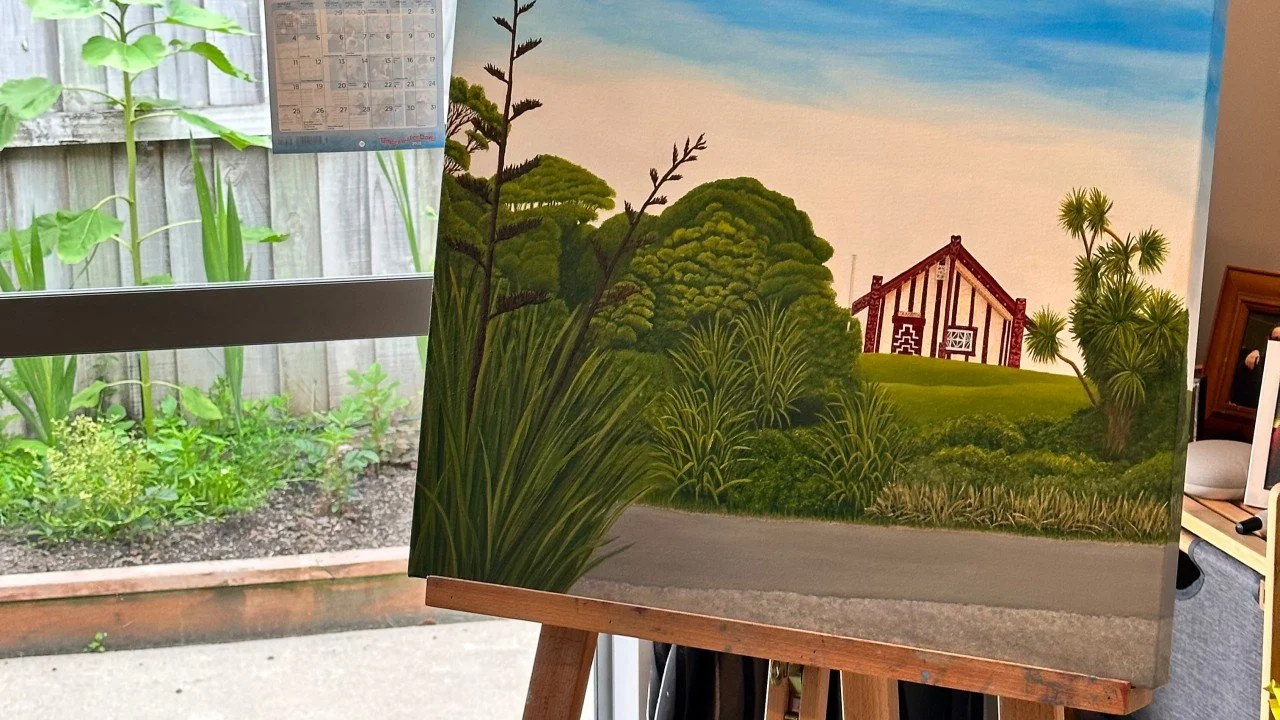
Why Decolonisation: Reclaiming Te Ao Māori, Breaking Cycles, and Building Safer Futures
Decolonisation for me is not abstract; it’s daily, often painful work.
I’ve carried shame around te reo Māori, felt unsafe in spaces where harm was caused, and struggled to navigate worlds shaped by colonisation.
Now, as Hiwa grows in kōhanga reo, I see healing. I see cycles breaking.
“Decolonisation is about raising futures where our children inherit safety, strength, and pride instead of trauma.”
In my latest article, I share why decolonisation is my why, the journey of reclaiming te ao Māori, facing challenges, and building a safer future for my whānau.
💬 I’d love to hear: what does decolonisation mean to you in your life or mahi?
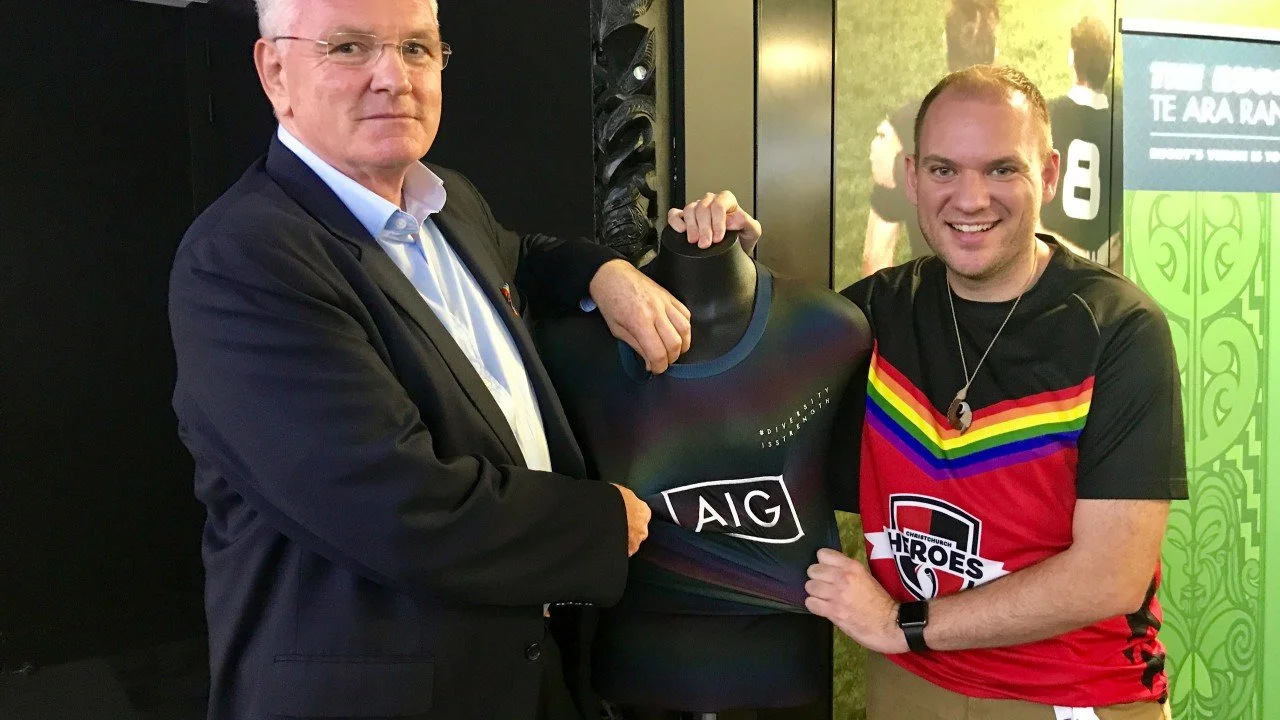
Why Rainbow Advocacy: Building Global Movements from Intersectional Roots
🌈 Why Rainbow Advocacy?
For me, it’s deeply personal. I’m bisexual and androphilic (attracted to men and masculine people), and my identity sits under the Bi+ umbrella. Yet Bi+ people remain the “minority within the minority”, the largest part of our Rainbow, but still the most erased.
That’s why I’ve spent more than a decade in Rainbow advocacy:
Community Campaign Manager for NZ’s Marriage Equality campaign
Supporting decriminalisation in six Pacific nations
10 years on the ILGA Oceania Board, serving as the Aotearoa Representative, Co-Chair and TreasurerBoard Member at ILGA World, including as the first Bisexual Steering Committee Chair
Contributing to UN reports, UPR processes, and CHOGM
Through it all, my why has been intersectional: to carve out space for Bi+, Indigenous, and disabled voices in movements where they are too often sidelined.
“My why is to leave behind a Rainbow movement that is bigger, braver, and more inclusive than the one I entered.”
💬 I’d love to hear from you: what drives your why in advocacy, health, or leadership?
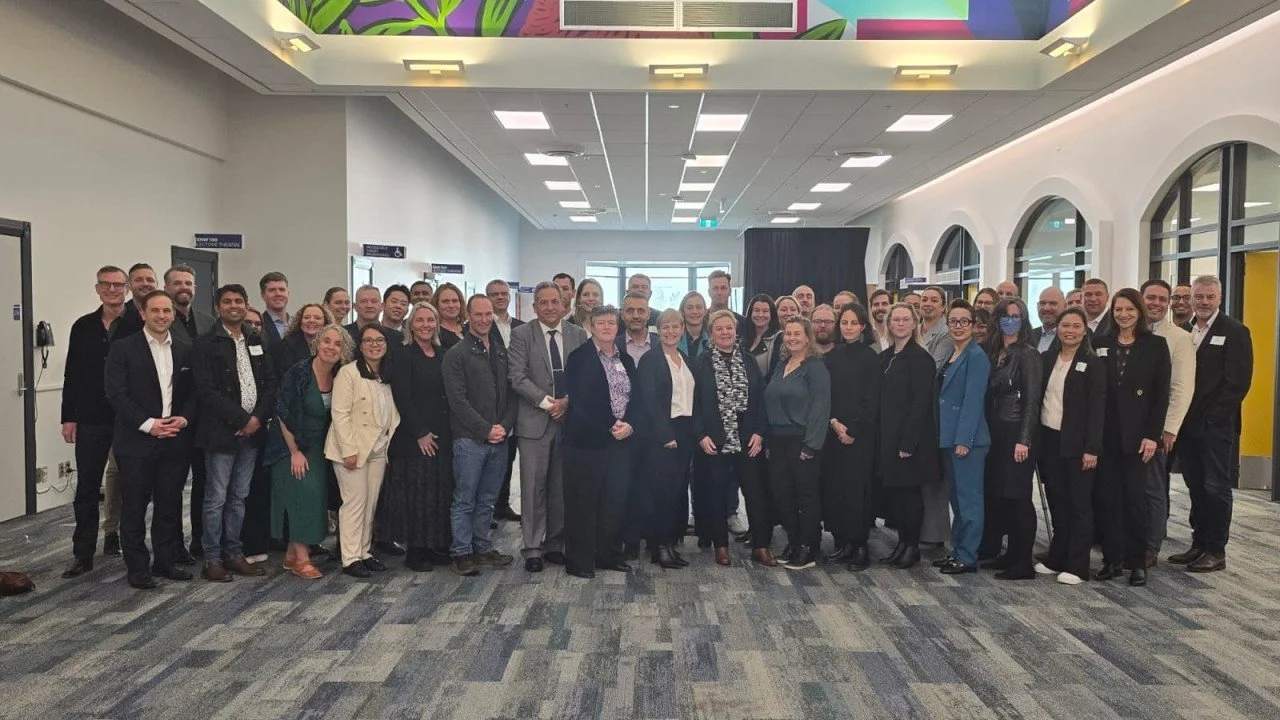
Why Business: Learning to Lead Systems Through an Executive MBA
Why study business? Because systems don’t change by passion alone.
I chose to enrol in an Executive MBA at Massey University to sharpen my leadership tools and learn frameworks I can apply across health, disability, Rainbow advocacy, and Indigenous spaces.
Every case study and model, from Porter’s Five Forces to Balanced Scorecards, helps me translate equity into strategy and values into systems change.
“Business frameworks, when applied with aroha, can become tools for justice.”
In my latest article, I share my why for studying business and how I’m using what I learn to build more inclusive and resilient systems.
💬 I’d love to hear: how has study or professional development shaped your why?

The Kōura Doesn’t Just Appear: Leading for Intersectional Equity with Ririki Haumaru | Safekids Aotearoa
The kōura doesn’t just appear.
It takes patience, reflection, and a whole lot of mahi.
Last week, I spent the day with the incredible Ririki Haumaru | Safekids Aotearoa team talking about disability, intersectionality, and what it really means to bring all of our identities into our mahi.
From the first mihi to the final reflections, I could feel the wairua of this rōpū, grounded in manaakitanga, whanaungatanga, and purpose.
We explored what happens when we move from talking about equity to delivering it — and I shared what I call The Kōura Equation:
Equity = Action + Investment.
Hope alone won’t change systems; action will.
What inspired me most was their honesty. Their willingness to ask the hard questions, to reflect, and to weave intersectionality into their planning and leadership. That’s where transformation really begins.
Because safety isn’t just about preventing harm, it’s about creating belonging.
When every identity and every whānau is seen, heard, and valued, that’s when we build true safety.
Ngā mihi nui ki te whānau o Ririki Haumaru | Safekids Aotearoa, you’re not just catching the kōura, you’re showing us how to share it.
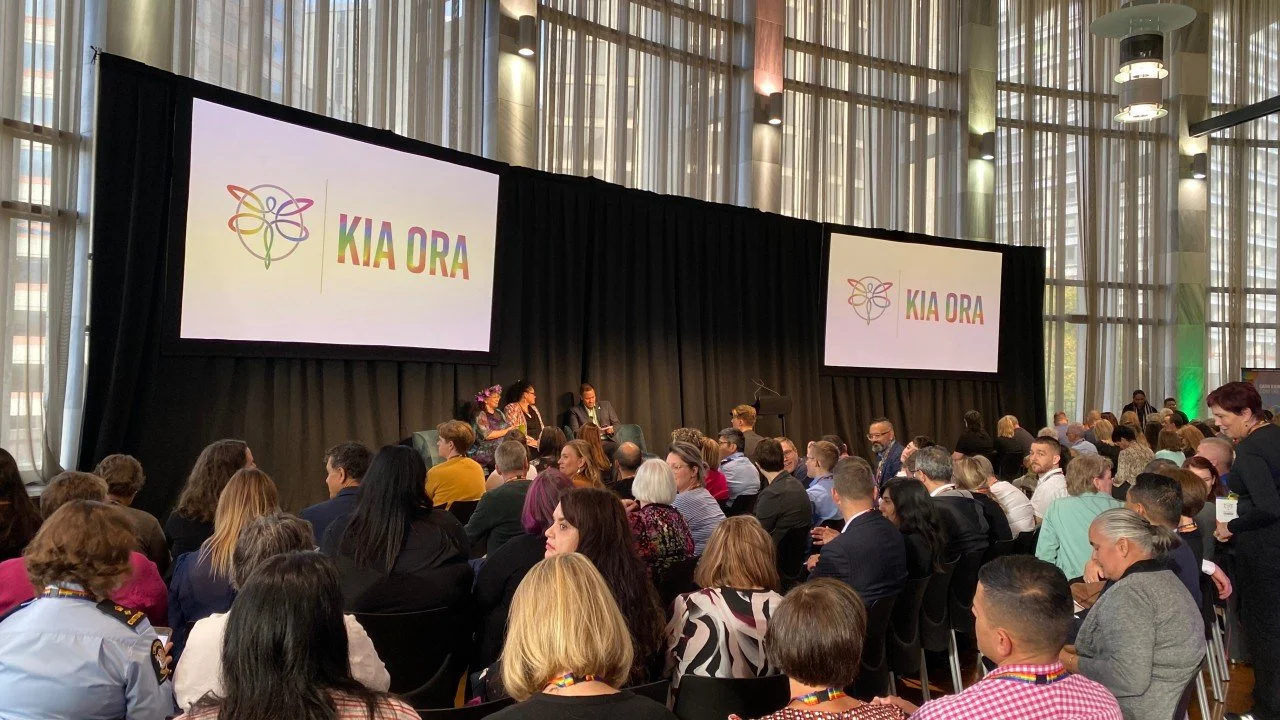
Why DEIB: From Networks to System Change
DEIB isn’t a side project. It’s the compass that guides fairness, safety, and impact.
I’ve been privileged to work across All-of-Government networks, from the Cross-Agency Rainbow Network (CARN) to We Enable Us (disability), Māori networks, and countless internal staff groups. These spaces matter because they give voice to communities that too often feel invisible.
But networks alone aren’t enough. Over the years, I’ve helped organisations move from good intentions to practice, embedding equity into systems, inclusion into leadership, and belonging into daily culture.
“Belonging is not about fitting in. It’s about creating systems where no one has to leave part of themselves at the door.”
In my latest article, I reflect on my why in DEIB and what it really takes to turn awareness into action.
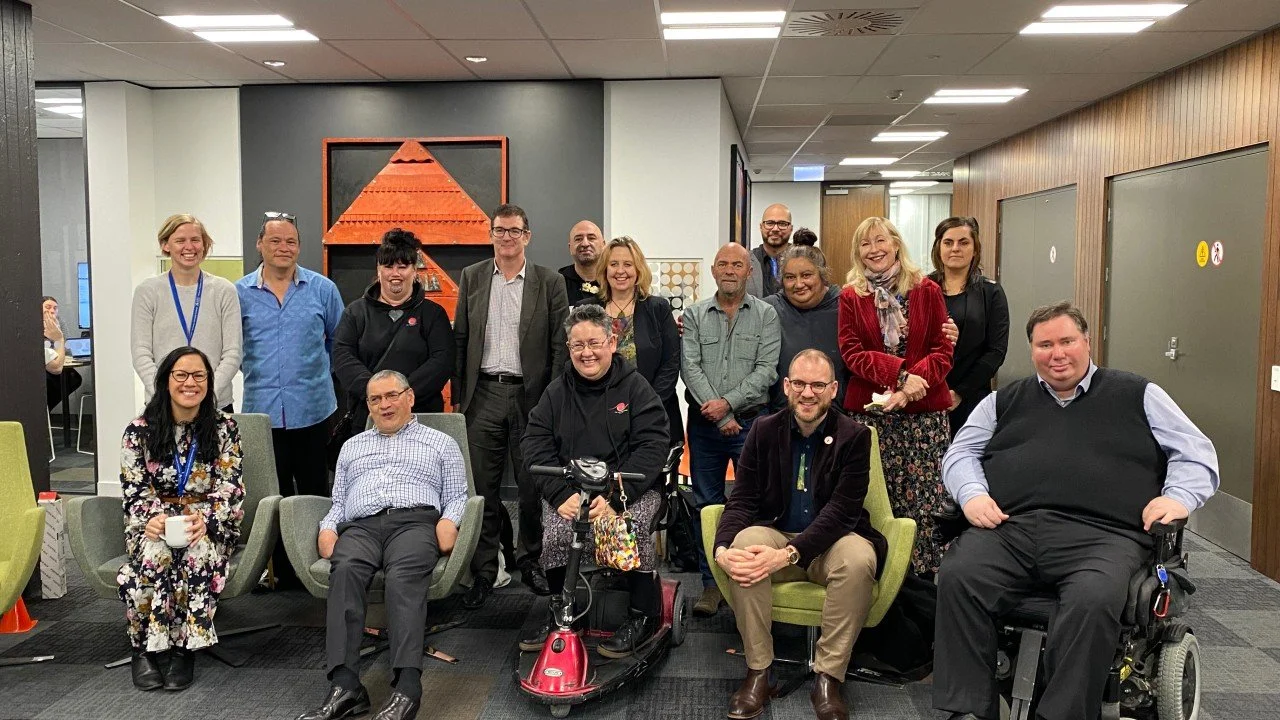
Why Disability: From Surviving to Leading Change
Why disability? Because my survival, my parenting, and my career have all been shaped by it.
I acquired disability at 10 after a car accident left me with a brain injury. Since then, I’ve lived with invisible disabilities, and this year I became a wheelchair user. Every stage has reshaped how I see the world, and why I fight for equity.
From my first mahi with Enabling Good Lives, through leading COVID-19 Disability Response workstreams, to my current role at Te Whatu Ora, disability has been my compass.
“We don’t just fight for ourselves. We fight for futures where disability is dignity, equity, and strength.”
In my latest article, I reflect on my journey, my why, and why system transformation for disabled people is non-negotiable.
💬 I’d love to hear from you: how has disability, visible or invisible, lived experience or learnt experience shaped your why?
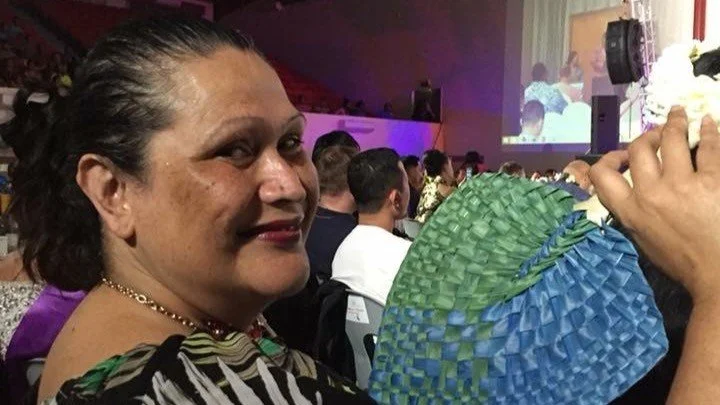
Ymania Brown: A Life of Courage, Faith, and Intersectional Justice
🌺 This week, our global Rainbow family mourns the loss of Tuisina Ymania Brown, a powerful trans, fa’afāfine, and Pacific leader.
Ymania and I served together as Co-Chairs of ILGA Oceania and on the ILGA World Board. She guided me when I was new to international advocacy, always treating me as an equal, never as a junior. Her nurturing nature, her courage, and her faith-based advocacy for openness and inclusion made her a leader unlike any other.
Her passing is a profound loss, but her legacy is vast: in Rainbow movements, in UN spaces, in decriminalisation campaigns across the Pacific, and in every person she inspired.
Rest in power, Ymania. You leave behind a movement braver, stronger, and more inclusive because of you.
🌈🏳️🌈🏳️⚧️🌐

Taking Flight: How My EMBA Journey Is Taking Me to New Heights
✈️ There are moments in life where everything you’ve learned, your study, teamwork, and leadership, comes together.
Presenting our Contemporary Strategy project directly to Air New Zealand’s Executive Leadership Team was one of those moments.
As part of Massey University’s Executive MBA programme, our team, Dragon Consulting, placed runner-up in the national competition and earned the privilege of sharing our strategy, “Backing Your Journey,” with some of Aotearoa’s most inspiring business leaders.
Standing before the Air New Zealand ELT members, Nikhil Ravishankar, Richard Thomson, Alex Marren, Kiri Hannifin, Nikki Dines, Jeremy O`Brien, Nathan McGraw, and Mike Williams, was humbling and unforgettable.
“Opportunities like this remind me that growth happens when you step outside your comfort zone and take flight.”
Our strategy reimagined the entire customer journey, connecting people, stories, and regions through authentic partnerships, an AI-powered integrated booking system, and a touch of gamified fun.
For me, this experience was about more than business strategy; it was about leadership with heart: listening, connecting, and lifting others to rise with you.
A massive thank you to Diego Barrese for your manaakitanga, to my amazing teammates Jos Kerr, Candice Wilson, Michael Hicklin, and Erin Wirihana, and to Massey University - Te Kunenga ki Pūrehuroa and Air New Zealand for the opportunity of a lifetime.
“Greatness isn’t loud, it’s humble, grounded, and deeply human.”
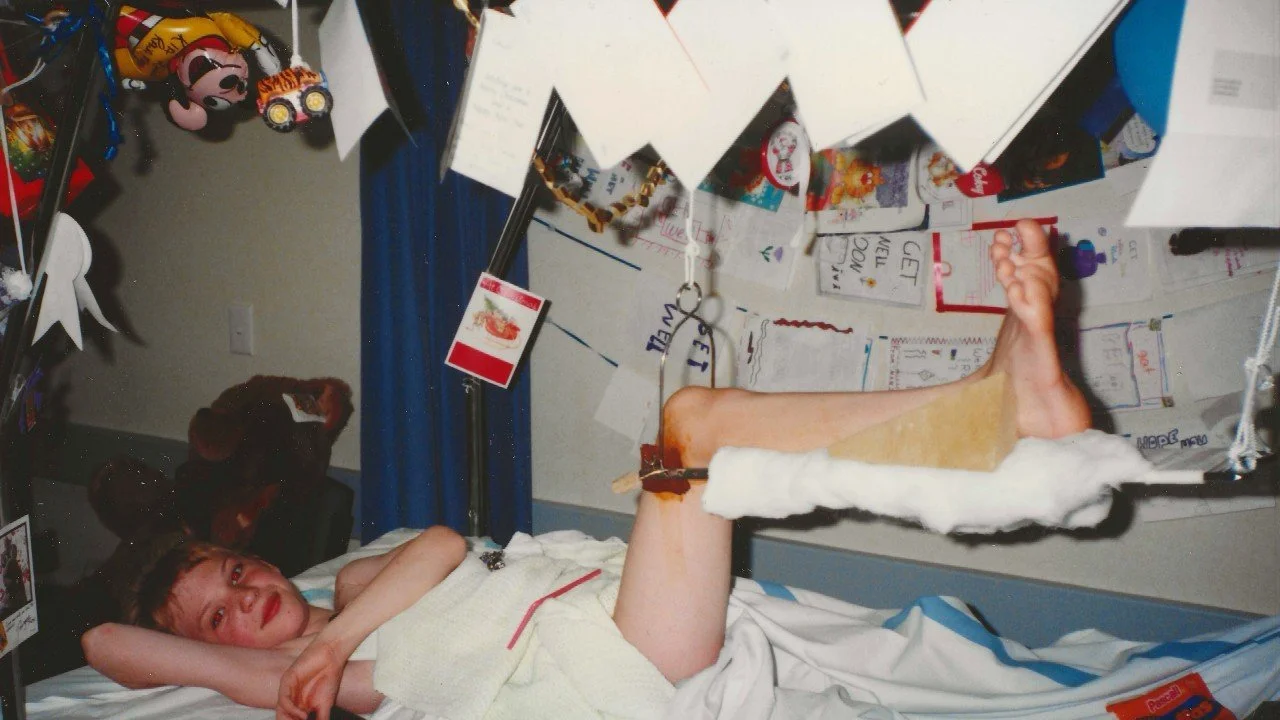
Why Health: A Journey of Survival, Advocacy, and Giving Back
Why health? Because without it, I wouldn’t be here.
At 10, I spent two years in the hospital after being hit by a car. Nurses, doctors, physios, teachers, and whānau inspired me to survive, adapt, and dream differently.
Since then, health has been my constant focus, from radiology to Enabling Good Lives, to leading COVID-19 Disability Responses, and to every emergency since the Christchurch earthquakes. And most recently, Frankie and I were helped by Te Puāwaitanga o Ōtautahi Trust and Māori Midwives Ki Tahu as we prepared for Hiwa-i-te-Rangi’s birth. Now I serve on the board to give back.
Health is not just where I work. It is my why. It is my way of giving back to the system and communities that gave me life.
We don’t just build health systems to treat illness. We create them to give people the chance to live, dream, and thrive.
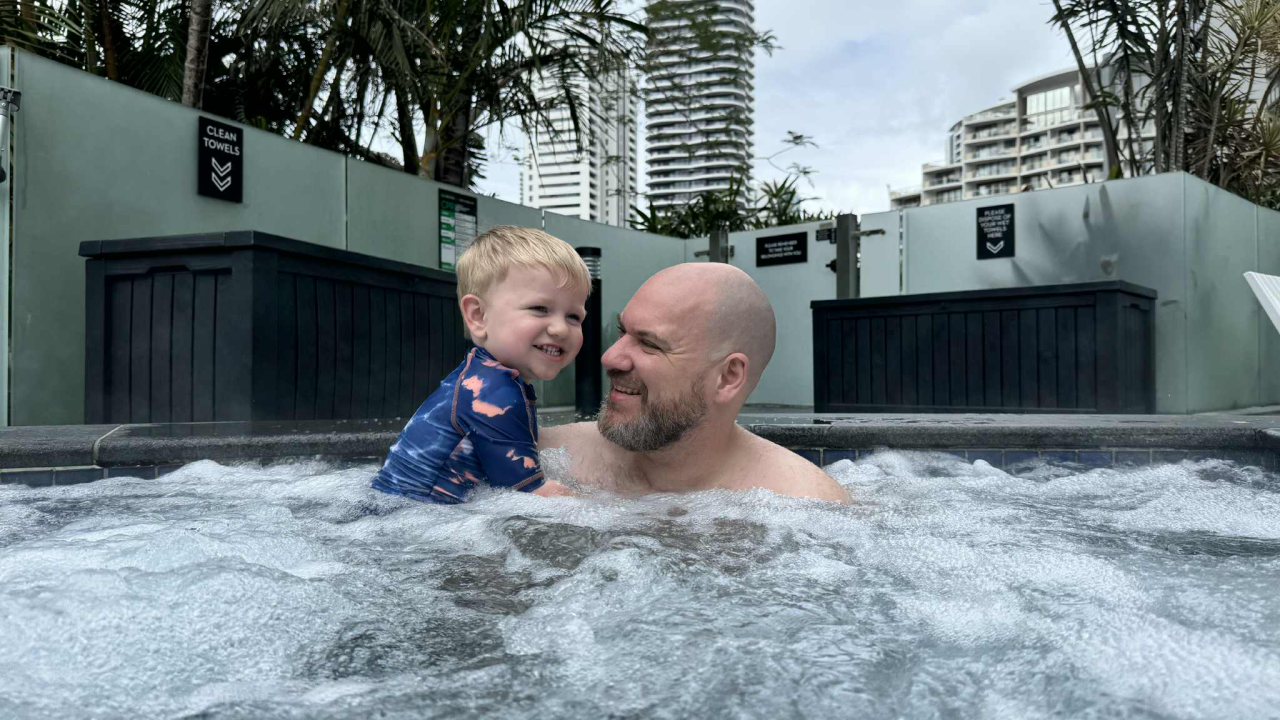
Starting With Why: The Intersectional Story Behind My Leadership
My why isn’t written in strategy documents. It’s written in my whakapapa, my scars, and my whānau.
I’ve lived the impacts of colonisation, disability, bisexual and takatāpui erasure, and the shame of learning te reo Māori in systems that didn’t value it. These challenges have shaped my purpose: to build systems that don’t leave people behind.
Simon Sinek says, “People don’t buy what you do, they buy why you do it.” For me, my why is simple: to ensure equity, dignity, and inclusion are not privileges; they are rights.
In my latest article, I share how this shows up in my work, and in raising Hiwa-i-te-Rangi.
✨ We don’t just raise children. We raise futures. And my why is to make those futures safer, fairer, and more inclusive.
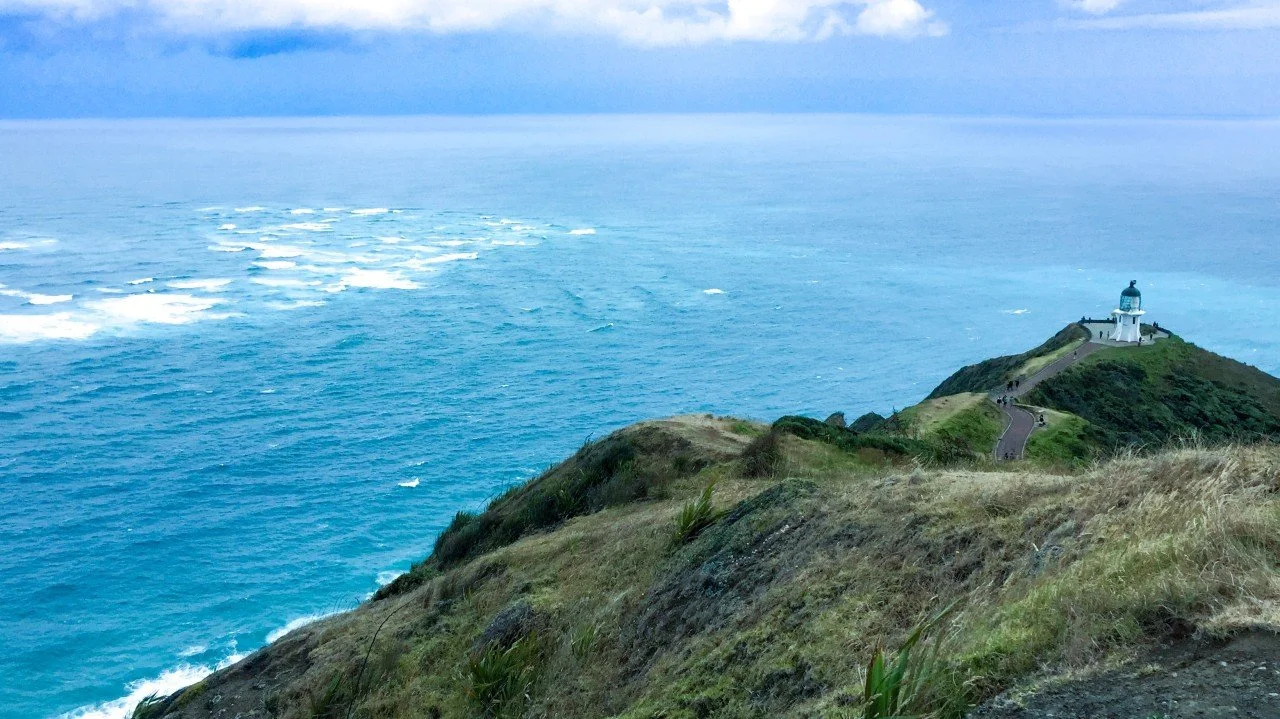
Intersectionality in Practice: What New Nurses, Administrators, and Practice Managers Teach Us About Equity and Care
Over the past few weeks, I’ve had the privilege of speaking with newly qualified nurses, administrators, and practice managers at Health New Zealand | Te Whatu Ora and in General Practices.
What struck me most wasn’t just their excitement, but their values. This cohort is more focused on equity, inclusion, and sustainability than I dared expect, and that gives me real hope for the future of healthcare.
I reminded them:
Inclusion isn’t a “nice to have.” It’s clinical excellence. It’s whether someone feels safe enough to tell you the truth and be their true selves.
In my latest article, I reflect on:
- Why intersectionality matters in daily healthcare practice
- The small actions that make patients feel seen and safe
- How equity is woven through every shift, every patient, every interaction
I’d love to hear your thoughts.
- How do you bring equity and inclusion into your practice or workplace?
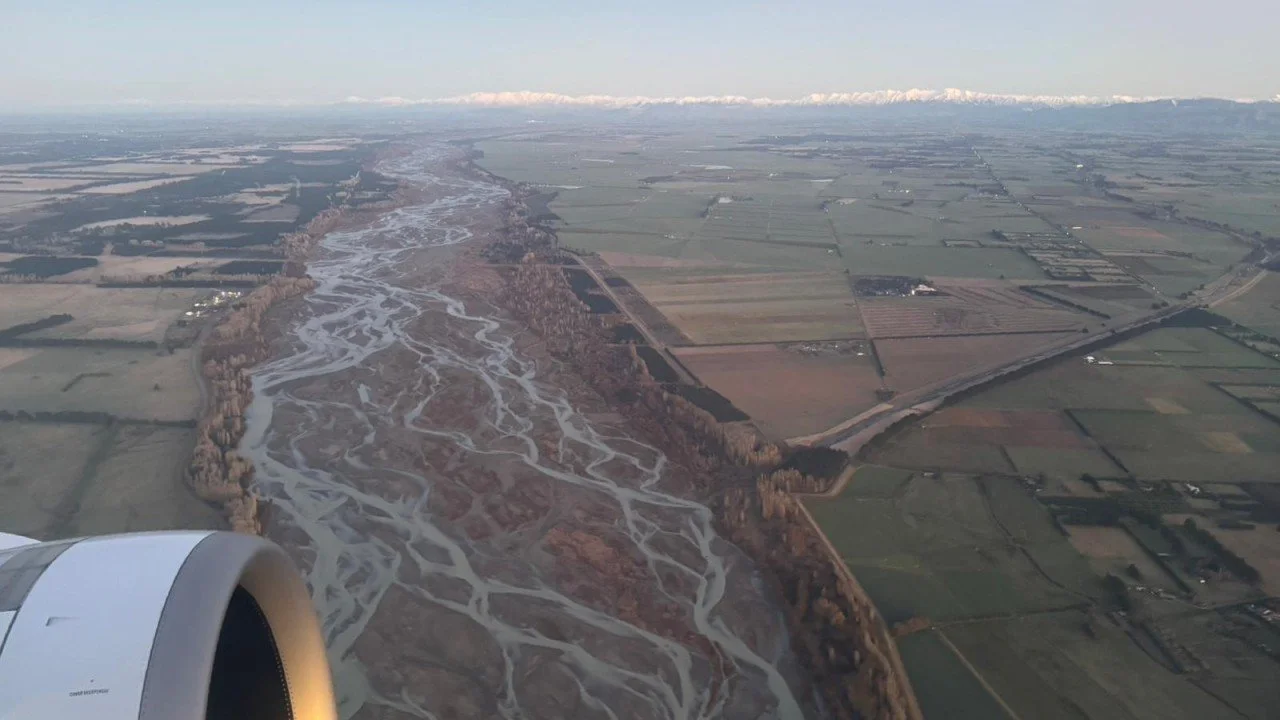
Intersectionality in Action: Why Equity Requires More Than Good Intentions
Intersectionality isn’t just theory; it’s about who our systems choose to see and who gets left invisible.
Too often, policies treat Māori, disabled people, Rainbow whānau, or rural communities as separate categories. But what about the people who live all of these realities at once?
If you don’t name them, you don’t see them. And if you don’t see them, your policies will fail them.
In my latest article, I reflect on:
- The limits of single-issue thinking;
- What intersectionality looks like in action; in policy, governance, leadership, and whānau; and
- How can we move from good intentions to real equity?
“The future isn’t built in silos. It’s woven at the intersections.”
I’d love to hear your thoughts:
- Where have you seen intersectionality in action?
- How can we make it more than a buzzword in our mahi?
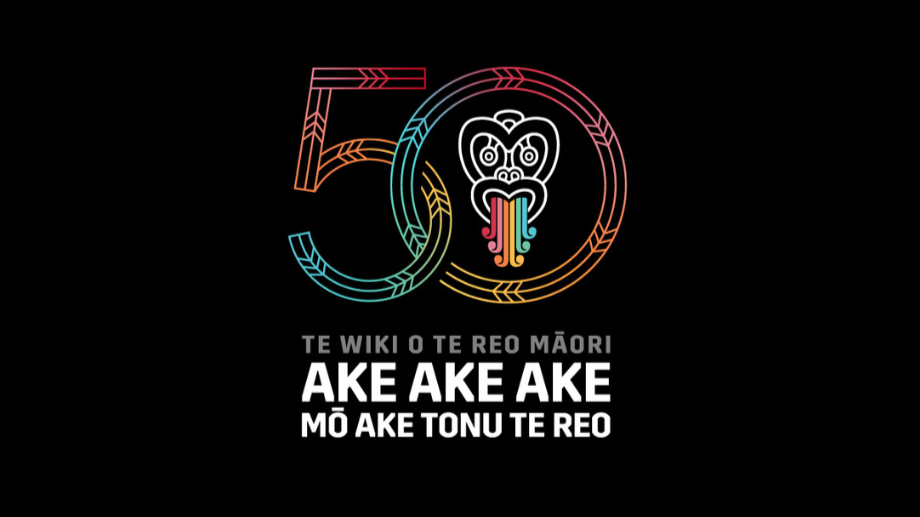
Reclaiming Te Reo Māori: Trauma, Resilience, and Raising Futures
Te Wiki o te Reo Māori is a reminder that language is more than words; it’s whakapapa, identity, and resilience.
For me, the journey of reclaiming te reo Māori has been complicated. As a kid, there was shame in learning it. Colonisation left scars on many whānau, and when I was 10, a head injury left me disabled and with learning impacts that made picking up languages even harder.
It’s been a struggle. Some days, I feel setbacks more than progress. But being Māori isn’t about fluency alone; it’s whakapapa, aroha, tikanga, and commitment. And te reo Māori remains central to who I am.
Now, watching Hiwa go to kōhanga and start learning reo in ways I never could at his age is both healing and hopeful. His reo is part of the future we are building together.
Being Māori isn’t only about speaking te reo. But speaking te reo is an act of survival, resistance, and aroha.
I’d love to hear from you:
- What does Te Wiki o te Reo Māori mean to you?
- How do you carry reo and whakapapa into your mahi or whānau?
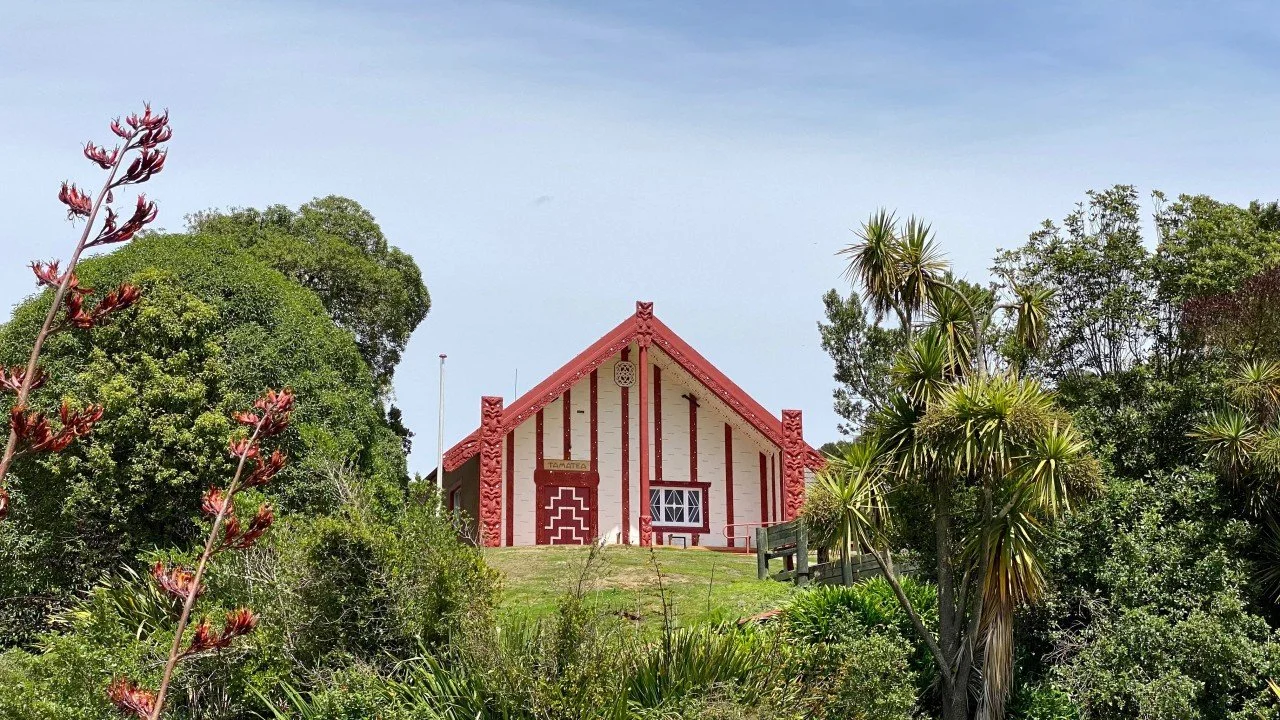
Navigating Two Worlds: Indigenous Leadership in Business and Governance
Navigating two worlds is something many Indigenous leaders know well.
In a recent EMBA class, a Māori guest lecturer shared how he proposed vape and liquor stores as tenants for an iwi-owned property. From a corporate perspective, the returns looked strong. But his iwi reminded him: at what cost? They said no, and ultimately, he found a tenant that delivered a better financial return and aligned with their values.
I found this kōrero incredibly humbling and deeply relatable. As someone who has spent much of my life moving between Māori and Pākehā systems, I know the trauma that comes with navigating those different worlds. It can be exhausting, sometimes alienating, but also transformative.
Humility, values, and intersectionality matter.
I’d love to hear your thoughts:
How have you navigated different worlds in your mahi?
What values guide you when the “obvious” commercial path comes into conflict with community wellbeing?
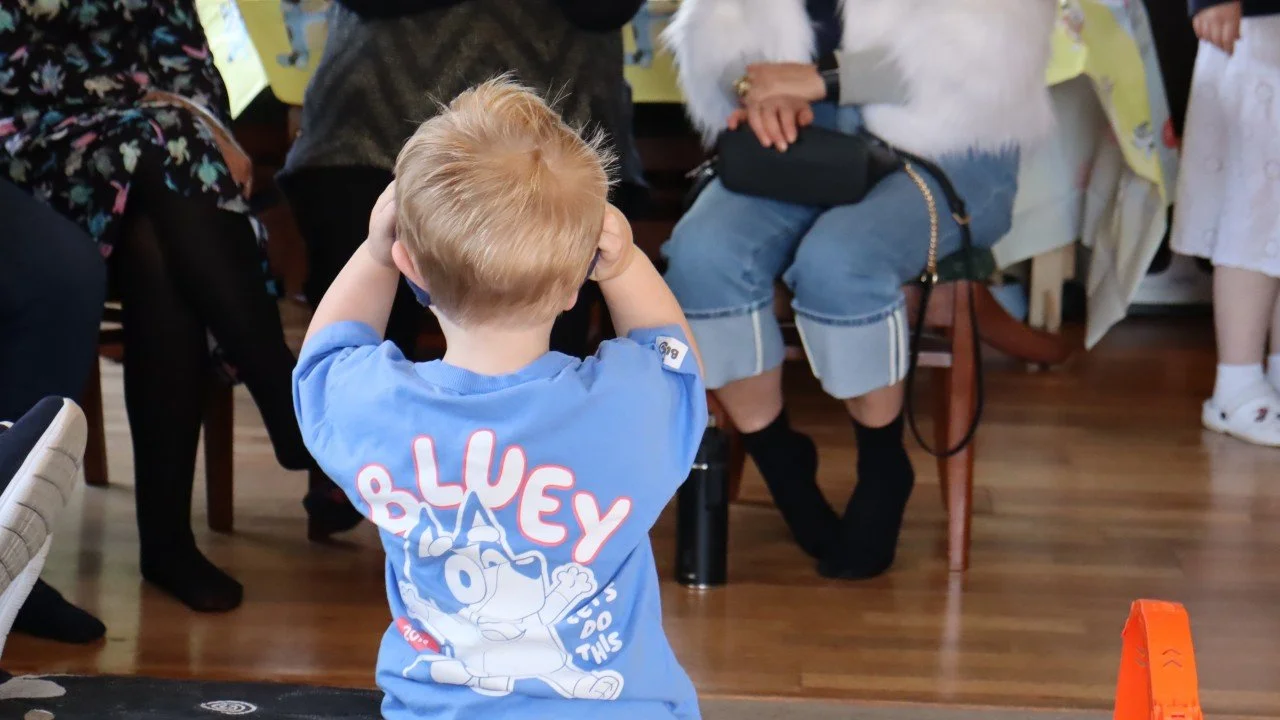
Raising Hiwa-i-te-Rangi: Leadership, Legacy, and the Future We’re Building
🎉 Our tama Hiwa-i-te-Rangi just turned TWO!
The house was full of laughter, Bluey-themed cake, wrapping paper chaos, and so much aroha. As we celebrated, I couldn’t help but reflect on what his name carries, Hiwa-i-te-Rangi, the star of dreams and aspirations in the Matariki cluster. A reminder that our hopes, dreams, and responsibilities as whānau are tied to the futures of our tamariki.
In my latest article, I write about how for Frankie Karetai-Wood-Bodley and me, raising Hiwa isn’t just about teaching him to navigate the world as it is; it’s about teaching him that he has the right (and the responsibility) to help shape the world it could be.
We don’t just raise children. We raise futures. ✨
Read it here. I’d love to hear your thoughts:
- What lessons have your tamariki, mokopuna, or young ones taught you about hope and leadership?
- How do you consider future generations in your mahi?

Bisexuality at the Intersections: Why Visibility Matters More Than Ever
This month is Bisexual Visibility Month 🌈 🩷💜💙
I identify as bisexual and androphilic (attracted to men and masculine people), and like so many in my community, I’ve seen how often we’re erased from data, policy, and even our own Rainbow spaces.
Bisexuality isn’t a minority within the Rainbow, it’s the majority. Yet we remain the most invisible. That has to change.
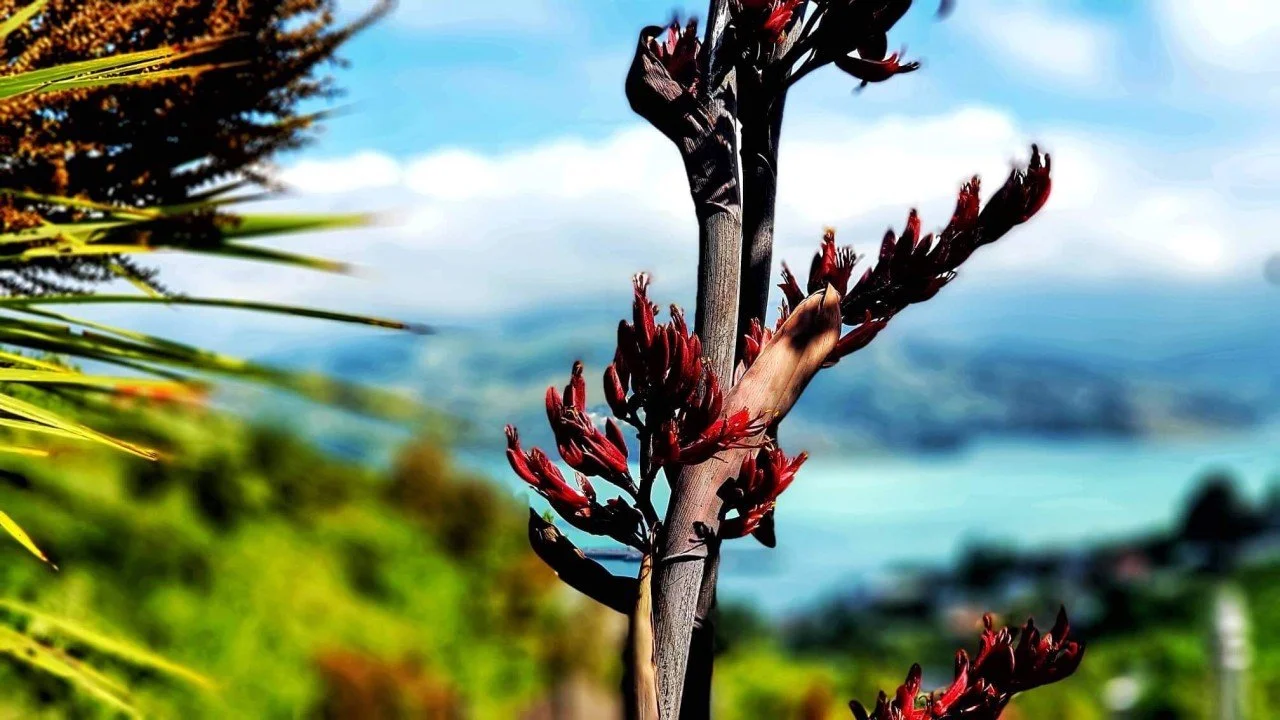
Leadership at the Intersections: Why Courage Looks Different From the Margins
Lately, I’ve been thinking a lot about what courage in leadership really means.
For many of us at the intersections, Māori, disabled, takatāpui, Pacific, or working from the margins, courage doesn’t always look like standing at the front of the room with confidence. Sometimes it’s simply turning up, speaking when it’s risky, or holding space for others when systems don’t.
That’s where intersectionality matters. We don’t live one identity at a time, and courage looks different when those identities overlap.
I wrote an article exploring this idea, and I’d love for you to read it and share your thoughts.
“True courage is not just leading from the front. It’s leading from the intersections, where the risks are highest and the change is most needed.”
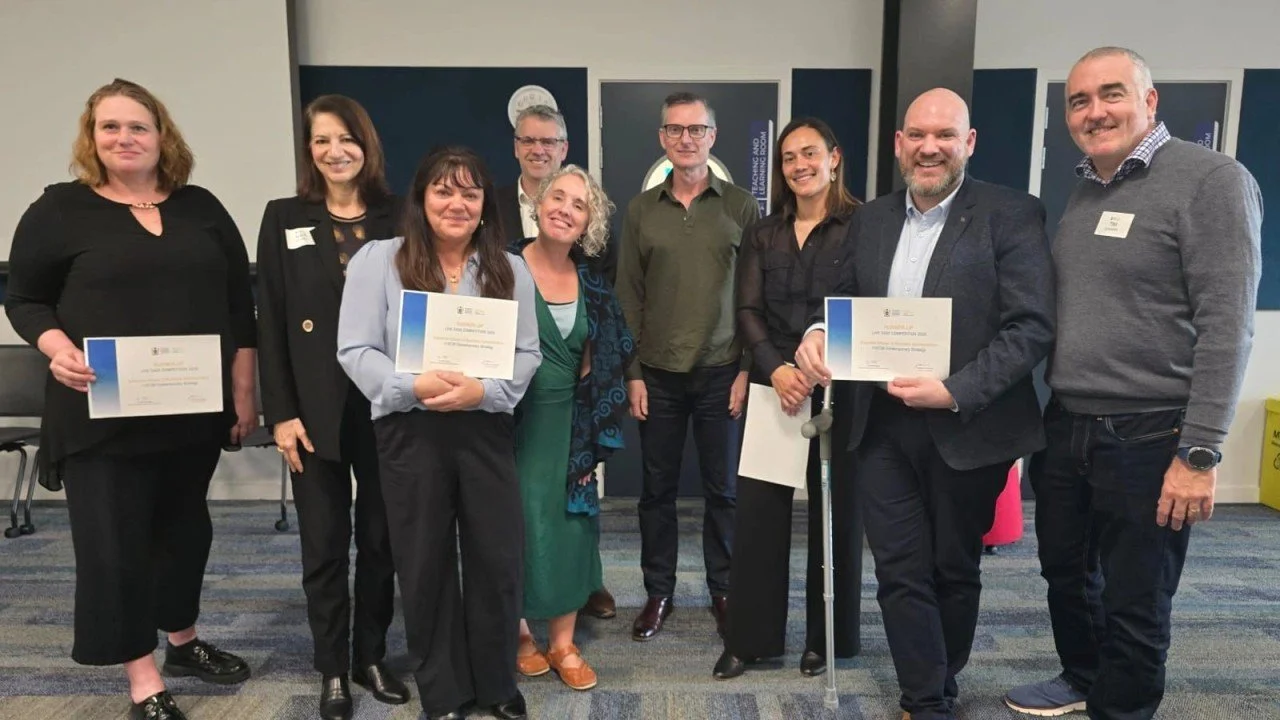
Reflections on the Highs and Lows of Recent Months
The past few months have been full of contrasts, celebrating highs like our EMBA team reaching the finals in the 2025 Strategy Live Case Competition, while also navigating the challenges of a car broken into, hospital visits with Hiwa and Frankie, and grieving the passing of loved ones, including a mentor and role model who shaped my journey.
Frankie and I also completed major mahi, including the Maternity Commissioning Framework and the Bereavement Care Pathway, and I was grateful to connect with midwifery leaders across Te Waipounamu.
Leadership, for me, is about holding both the highs and the lows, and carrying forward the lessons of each.
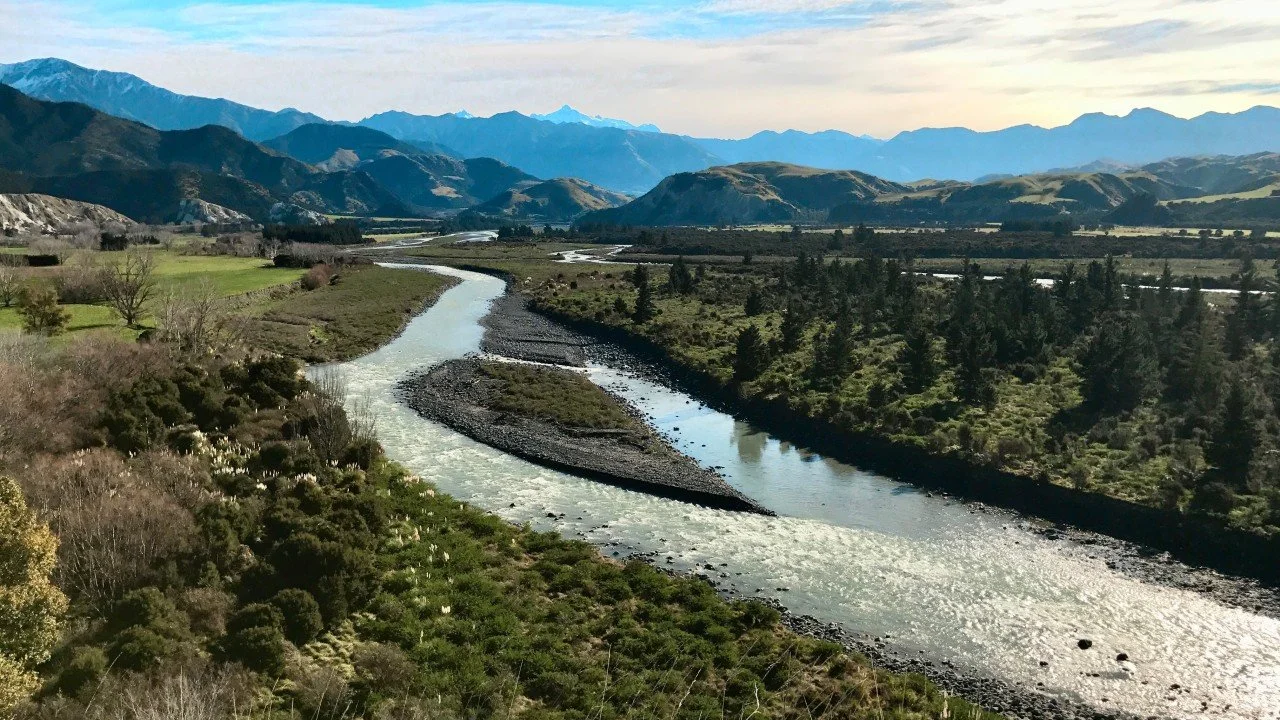
Intersectionality: Why It Matters, and How We Can Talk About It So Everyone Understands
Intersectionality is a word I use a lot, so much so that in some circles, I’m known as “the intersectional guy.”
But a recent comment from former Local Government Councillor and CEO Sue Wells made me stop and think. Sue pointed out that intersectionality might not be widely understood or accessible. She was right.
If intersectionality is at the heart of my work, then I have a responsibility to make sure it’s not just a buzzword, but something people can connect with.
For me, intersectionality is deeply personal. I am Māori, disabled, and takatāpui. I carry rural roots, urban experiences, and the perspective of a queer parent. I don’t live one identity at a time, and neither do the people our systems are meant to serve.
Karaitiana Wilson shared beautiful kupu that captures this beautifully: ngā matatini: the many faces, the nuances, the many energies people bring into spaces.
That’s what intersectionality looks like through a te ao Māori lens.
In my latest article, I share:
- What intersectionality means in practice.
- Why ignoring it creates policy blind spots and service gaps.
- How can we make the concept more accessible, in language and in leadership?
Read it here. I’d love to hear your thoughts. How do you see ngā matatini or intersectionality showing up in your work?

Why Disabled and Indigenous Voices Must Lead Systems Change, Not Just Inform It
When our son Hiwa-i-te-Rangi was born, Frankie (my husband, a trans man) carried the pregnancy.
We were “the first” family the medical professionals that joined us along our pregnancy journey had seen like ours. Not the first to know inequity — but the first to notice how our lived expertise was treated as an exception, not a source of leadership.
This isn’t just our story.
Too often, disabled, Indigenous, and Rainbow voices are invited to inform change — but rarely to lead it. That’s tokenism, not transformation.
In the following article, I share:
- The problem with inclusion without power
- What leadership from the margins really looks like
- Where we are already leading — from Te Whatu Ora to global human rights forums
- A model for change that embeds equity as a core system principle
We are not “edge cases.”
We are the architects of the future — and the future is already under construction.
Have a read and tell me what you thought.

